The 11 Best SEO Tools in 2025
In today’s competitive digital landscape, achieving a top spot on Google’s search results is a challenging feat. Your competitors are striving for the same goal, making it essential to develop a robust SEO strategy supported by the best SEO tools available. These tools can assist with on-page optimization, keyword strategies, content opportunities, and competitor analysis.
With the right SEO tools, you can diagnose issues, report progress, track performance metrics, suggest improvements, and automate tasks that would otherwise consume significant time. However, selecting the optimal SEO tool can be daunting. That’s why we’ve curated a list of the eleven best SEO tools for 2025. Read on to find the perfect tool to enhance and optimize your site’s content and boost your organic search rankings!

The 11 Best SEO Tools in 2025
Here is our list of the top 11 SEO tools you should consider in 2025:
Google Search Console
Google Search Console is essential for analyzing and tracking your site’s SEO performance on Google’s Search Engine Results Page (SERP). Simply add a verification code to your site and upload your XML sitemap to notify Google of your site’s crawlability. It offers insights into how users engage with Google and how Google perceives your site.

SE Ranking
SE Ranking is an all-in-one SEO platform tailored for small to medium businesses focusing on local search optimization. It offers a comprehensive rank tracker to monitor rankings by location and a Google Business Profile monitoring tool that keeps track of critical metrics like direction requests and website visits.
WooRank
WooRank provides features for reporting and tracking digital marketing data. You can enter competitors’ names to uncover their keywords, offering insights to improve your content. WooRank is ideal for websites with marketing blogs, offering suggestions for content and technical improvements.
Clearscope
Clearscope utilizes advanced natural language processing algorithms to analyze top content in your niche, offering suggestions to enhance content thoroughness and relevance. It grades your content and provides recommendations to improve keyword usage, readability, and relevance.
Moz Pro
Moz Pro helps navigate Google’s frequent algorithm updates by analyzing its behavior to guide your SEO strategy. It offers features like site crawls and keyword suggestions. The MozBar toolbar provides real-time SEO metrics, such as domain authority and page rank.
SEMrush
SEMrush provides insights into new ranking opportunities, evaluates domain authority, and alerts you to SERP movements. It checks HTML tags, broken links, and website crawlability, offering suggestions for improvement. Its 360-view Competitive Analyses feature leverages competitors’ SEO reports for content optimization.
AnswerThePublic
AnswerThePublic is a unique keyword research tool that gathers search questions to help you understand your audience’s queries. It focuses on the human aspect behind search questions, allowing content creators to produce content that meets audience interests and trends.
Surfer
Surfer is an SEO auditing tool that’s also valuable for keyword research. By integrating AI, Surfer enhances audit efficiency, keyword research, content editing, and SERP analysis. Surfer AI offers real-time content grading, structure rating, and related term suggestions.
Mangools
Mangools combines five integrated tools to simplify SEO: KWFinder focuses on keyword difficulty and suggestions, SERPChecker evaluates competition, SERPWatcher monitors position changes, LinkMiner analyzes backlink profiles, and SiteProfiler provides comprehensive SEO metrics.
Yoast SEO
Yoast SEO streamlines SEO tasks into actionable steps for bloggers and digital marketers. It focuses on keyword optimization, readability, and site improvements, making SEO accessible to those with limited expertise.
Ahrefs
Ahrefs is a powerful tool for competitor analysis, content optimization, and keyword research. Its Content Gap tool compares specific keywords used by competitors, providing insights into high-value content opportunities in your industry.
Conclusion
There isn’t a single “best” SEO tool, as the right choice depends on your organization’s size, budget, and integration needs. We’ve outlined the 11 best SEO tools for 2025, including Google Search Console, SE Ranking, WooRank, Clearscope, Moz Pro, SEMrush, AnswerThePublic, Surfer, Mangools, Yoast SEO, and Ahrefs. Explore these tools to discover which features best suit your needs.
Related Articles

20+ Best Digital Marketing Tools

The 10 Best Competitor Analysis Tools in 2025 to Level Up Your Strategy
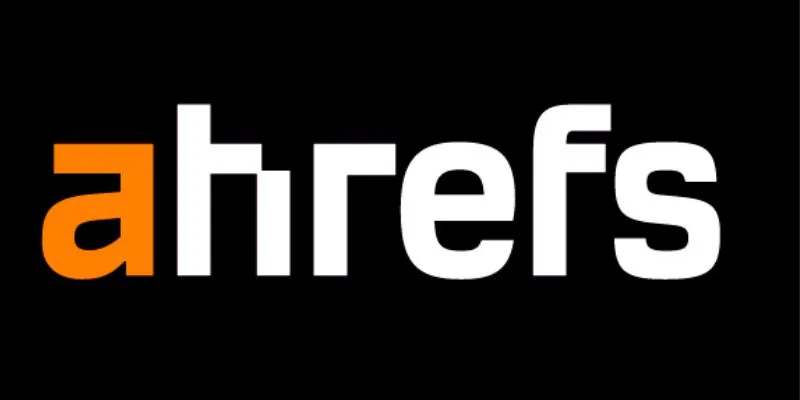
The 12 Best Rank Tracker Tools in 2025: Maximize Your SEO Strategy

Maximize Your SEO Strategy with the Best Rank Tracker Tools in 2025

The 13 Best Campaign Management Software Tools to Streamline Your Marketing
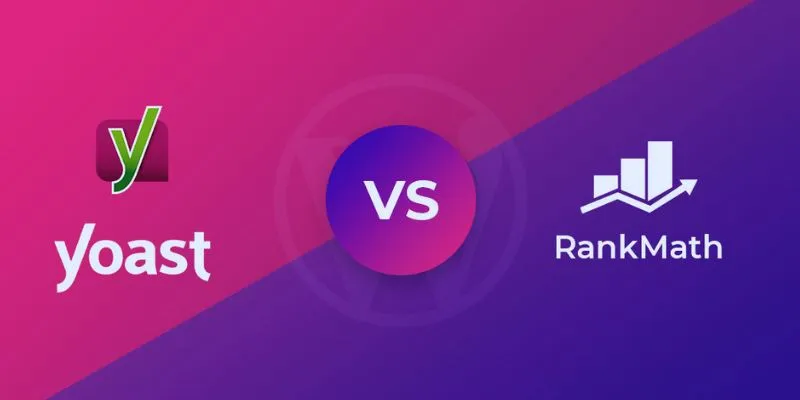
Rank Math vs. Yoast: A Detailed Comparison to Choose the Best SEO Plugin

The Best Flowchart Software and Diagram Tools in 2025: A Comprehensive Guide

The 5 Best Habit Tracker Apps to Transform Your Life: A Guide
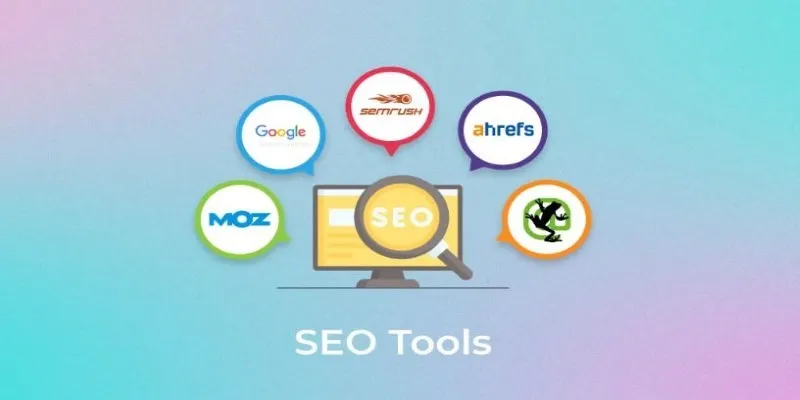
Ahrefs, SEMrush, and More: Essential SEO Tools for Success
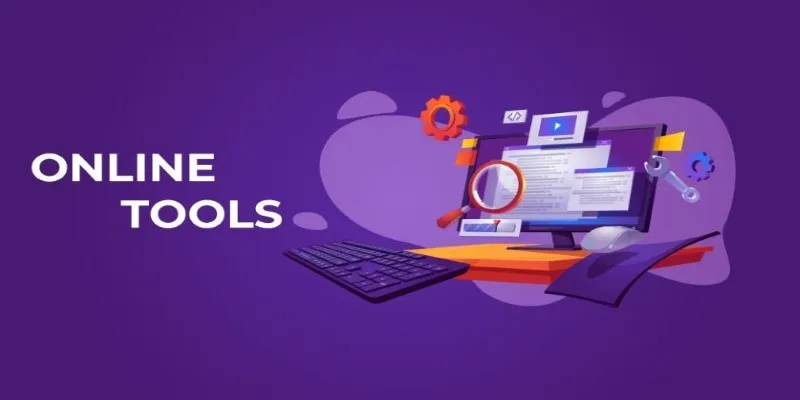
The Power of Online Tools: Definition, Purpose, and Impact
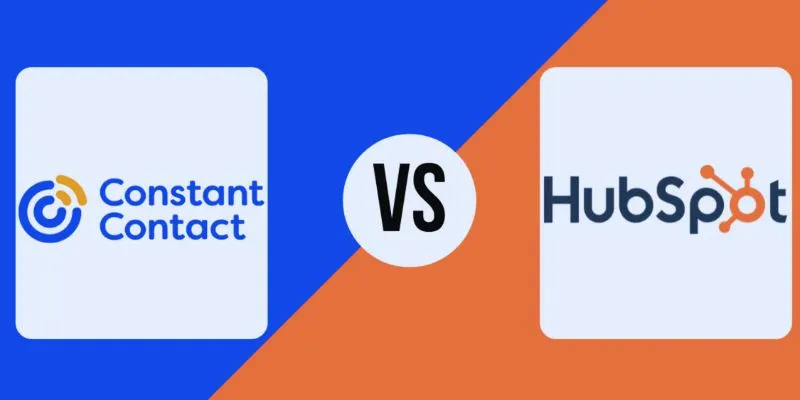
Constant Contact vs. HubSpot: Which Platform Fits Your Business Needs
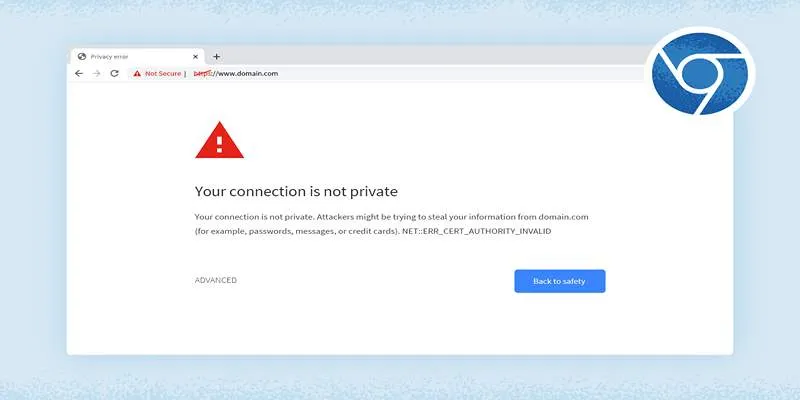
How to Resolve 'Your Connection Is Not Private' Errors Securely
Popular Articles

How to Use Canva AI Tools to Enhance Your Designs

Free Prezi Slideshow Creation Made Simple: Start to Finish Tutorial

Top Tools to Pull Accurate Data from Any Graph Image

How Can You Connect Firebase to Google Sheets for Real-Time Data Syncing?

Best Music Streaming Apps Besides Spotify in 2025
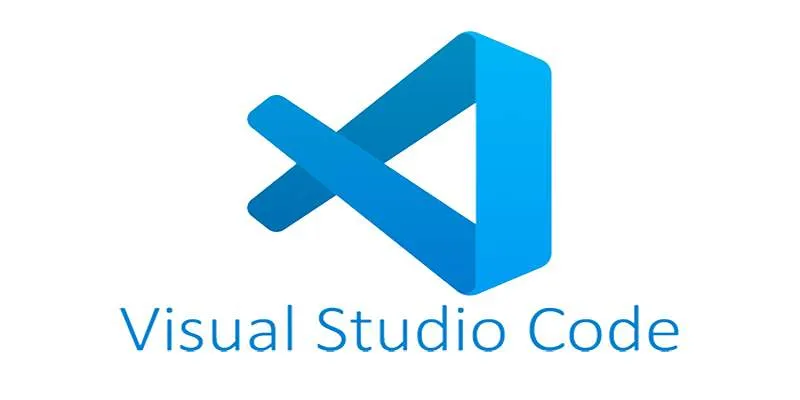
How to Debug and Fix Crashing VS Code Extensions Effectively

7 Best SMS Apps to Boost Your Small Business Communication

MTS Files Explained: What They Are and How to Convert Them

10 Simple Tips to Instantly Improve Your Video Quality at Home

The Complete Guide to the iPod Family: Devices That Shaped Portable Music
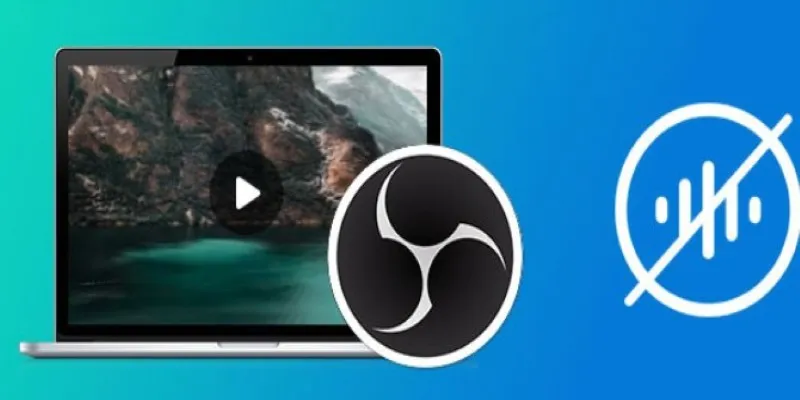
Useful Tips to Solve OBS Audio Delay Issues: A Comprehensive Guide

 mww2
mww2